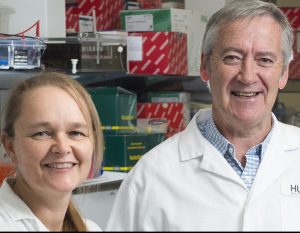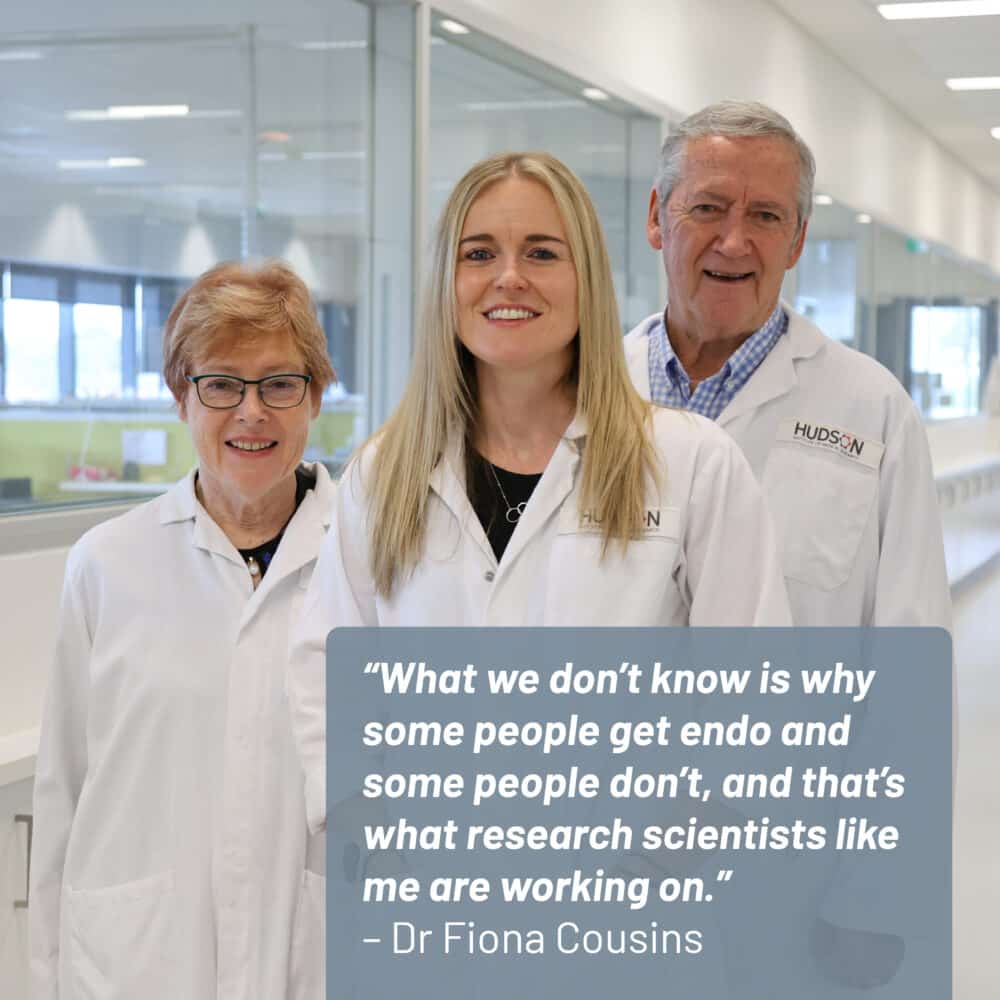Tuberculosis study reveals new target to improve treatment and survival
By Hudson Institute communications
A new study into tuberculosis has revealed a novel target – hidden in a gene – that could reduce susceptibility to one of the world’s most deadly diseases.

The study involved scientists at Hudson Institute of Medical Research and was led by Centenary Institute scientists, Dr Warwick Britton and Dr Carl Feng at the University of Sydney, in collaboration with four Chinese medical research hospitals.
The study’s findings have been published in the journal, Nature Communications.
Australians are now largely protected from TB due to our high standards of healthcare and historical record of vaccinating against TB, yet the disease continues to pose a significant global public health challenge.
Some of Australia’s closest neighbours, including Indonesia, India and the Philippines have some of the highest rates of TB infection in the world.
The research team (including Professor Paul Hertzog, Dr Nicole de Weerd and Dr Antony Matthews from Hudson Institute) found that a genetic variation in the human gene IFNAR1 is associated with reduced susceptibility to tuberculosis and an increased risk of viral hepatitis in Chinese populations.
The study reveals that understanding the way this gene talks or ‘signals’ could help scientists and doctors to reduce vulnerability to the disease and combat drug resistance.
Tuberculosis facts
- Tuberculosis (TB) is one of the top 10 causes of death worldwide.
- In 2016, 10.4 million people fell ill with TB, and 1.7 million died from the disease.
- TB is caused by a bacteria called Mycobacterium tuberculosis that mostly affects the lungs.
- The rate of tuberculosis infection in Australia remains low at 5.5 per 100,000 population in 2013. Australians born overseas represent the majority of TB notifications.
- TB is transmitted from person-to-person through the air from coughing or sneezing.
- About one-quarter of the world’s population has latent TB, which means they have been infected by TB bacteria but aren’t yet ill and can’t spread the disease.
Contact us
Hudson Institute communications
t: + 61 3 8572 2697
e: communications@hudson.org.au
About Hudson Institute
Hudson Institute’ s research programs deliver in five areas of medical need – inflammation, cancer, reproductive health, newborn health, and hormones and health. More
Hudson News
Get the inside view on discoveries and patient stories
“Thank you Hudson Institute researchers. Your work brings such hope to all women with ovarian cancer knowing that potentially women in the future won't have to go through what we have!”





